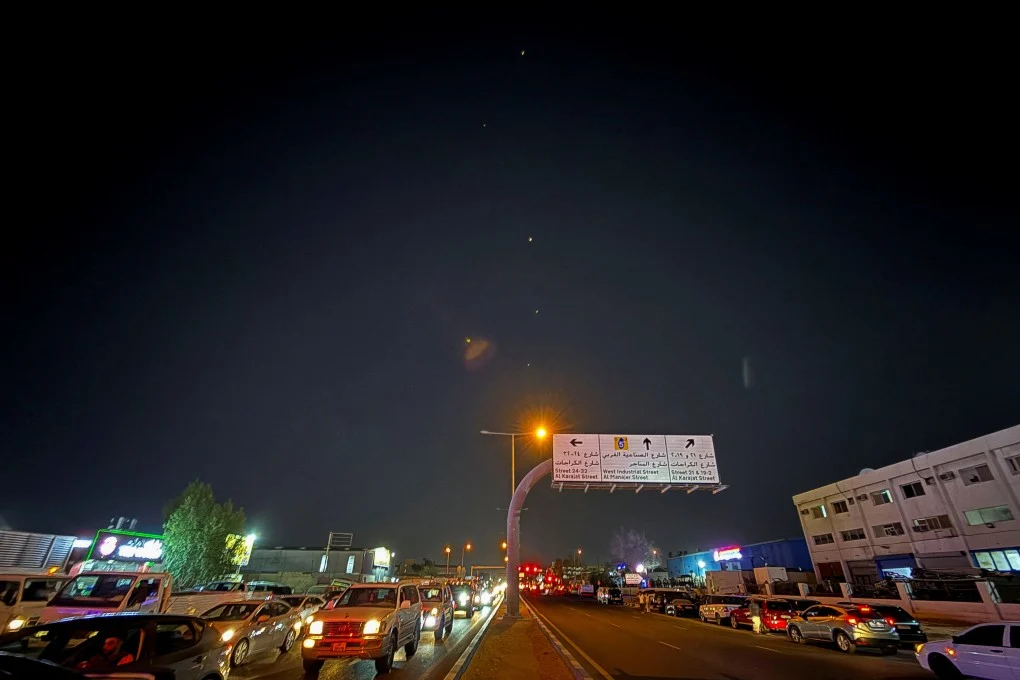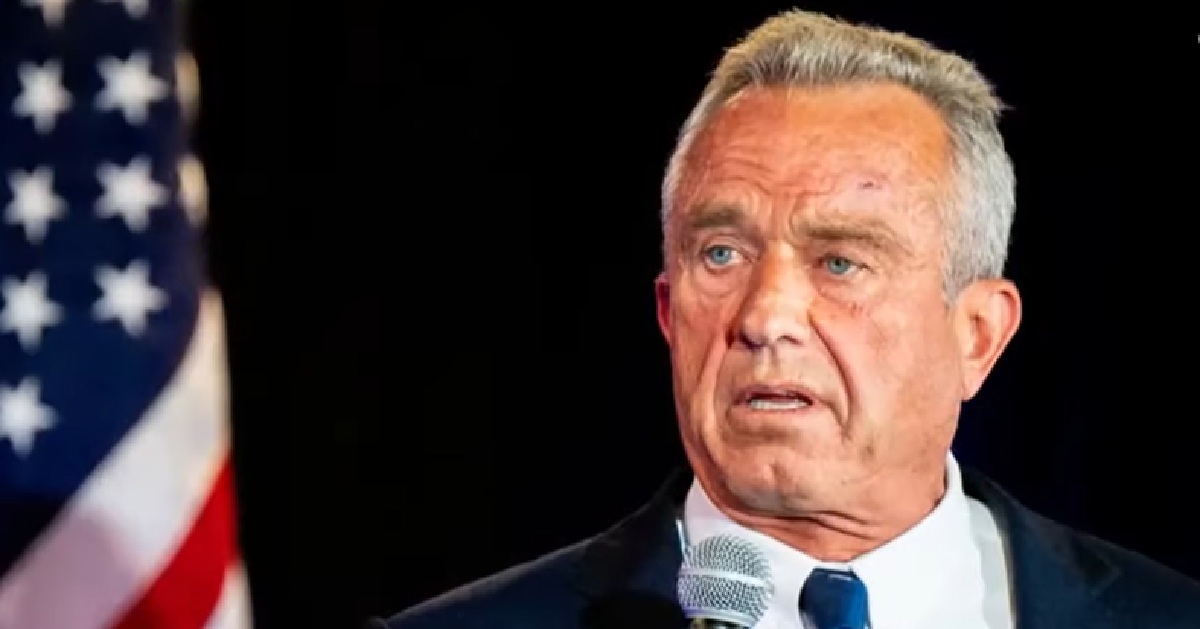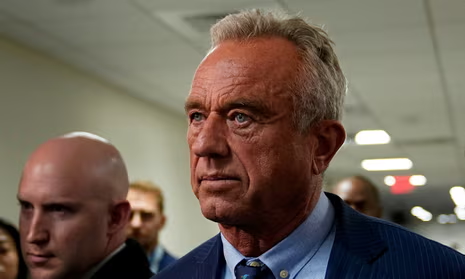Iran’s recent missile strike on the Al-Udeid U.S. Air Force Base in Qatar has stirred significant controversy, with Qatar’s Ministry of Foreign Affairs labeling it a “flagrant violation” of their sovereignty. The spokesperson for the ministry has made it clear that Qatar is ready to respond directly to this aggression from Iran. This incident has put a spotlight on the delicate balance in the Middle East, where alliances and hostilities are often intertwined.
Dr. Majed Al Ansari, an advisor to Qatar’s Prime Minister, mentioned that Qatar’s air defenses successfully intercepted the missiles. He emphasized that the attack contravenes international law and the United Nations Charter. Given Qatar’s previous support for the Iranian regime, this attack seems contradictory, even if Iran had warned them beforehand to reduce casualties.
Adding to the tension, Iranian state television has hinted that air raid sirens are sounding in Bahrain and Kuwait. Iran has threatened to target more U.S. bases if further attacks occur, while the United Arab Emirates has responded by closing its airspace. The situation remains tense as regional powers and global allies watch closely.
Fox News’ Trey Yingst reports that Israel is currently striking Iran, which could potentially weaken Iran’s missile capabilities. This development comes amid heightened tensions in a region already fraught with conflict. The international community is watching these developments with bated breath.
Dr. Al Ansari issued a comprehensive statement condemning the attack and asserting Qatar’s right to respond. He reiterated that Qatar’s air defenses managed to thwart the attack and that a more detailed account will be provided by the Ministry of Defense. Such military actions, he warned, threaten regional stability and global peace.
Qatar has historically cautioned against the dangers posed by escalating Israeli actions in the region. Their consistent call for diplomacy and peace underscores the importance of dialogue over military confrontation. Qatar’s stance remains that negotiations are crucial for resolving the ongoing crises.
As tensions escalated, Al-Udeid Air Base was evacuated as a precautionary measure. Safety protocols ensured that all personnel, including those from the Qatari Armed Forces, were protected. Fortunately, there were no injuries or casualties reported from the attack, highlighting the effectiveness of these measures.
This is a developing situation, and updates will be provided as more information becomes available. The incident underscores the fragile nature of Middle Eastern geopolitics, where alliances can shift rapidly. Keeping an eye on how this unfolds will be crucial for stakeholders in the region and beyond.
In the backdrop of these events, President Trump and Defense Secretary Pete Hegseth have been praised for revitalizing America’s military strength. Their leadership is seen as pivotal in navigating the complex geopolitical landscape of the Middle East. As tensions rise, their strategies and decisions will continue to be crucial.
The situation remains fluid, with many watching how the U.S. administration will respond to these developments. The potential for further conflict looms, making diplomatic efforts more urgent than ever. The international community is hopeful for a peaceful resolution to these tensions.
Qatar’s call for a return to negotiations highlights the need for a balanced approach to these complex issues. The emphasis remains on avoiding further escalation and seeking peaceful solutions. As the region grapples with these challenges, the importance of diplomatic engagement cannot be overstated.
With Iran’s aggressive actions drawing global attention, the stakes are higher than ever for maintaining peace in the region. The international community must work together to address these challenges. Ensuring stability and peace in the Middle East is a shared responsibility.
As the story unfolds, it is clear that the Middle East remains a hotspot for geopolitical tensions. The actions of nations like Iran have far-reaching consequences, affecting not only the region but the world. The need for strategic diplomacy is more critical than ever.
The upcoming days will likely see further developments as nations respond to the ongoing situation. The focus will be on preventing further conflict and ensuring peace. The world watches with anticipation, hoping for a resolution to these tense circumstances.
The importance of strong leadership and strategic diplomacy cannot be understated in times like these. Nations must come together to navigate these challenges and work towards a peaceful future. The path forward will require cooperation, dialogue, and a commitment to peace.
As the international community grapples with these issues, the role of leaders like President Trump and Defense Secretary Hegseth becomes even more significant. Their commitment to strengthening the military and ensuring national security is vital. The world watches as they steer through these complex challenges.
In the face of such provocations, the resolve of nations to maintain peace and stability will be tested. The actions taken in the coming days will be crucial in shaping the region’s future. The hope remains for a peaceful resolution that benefits all parties involved.
The situation underscores the need for vigilance and preparedness in addressing threats to global peace and security. Nations must remain united in their efforts to counter aggression and promote stability. The path to peace requires determination, cooperation, and a steadfast commitment to diplomacy.
As the world navigates these turbulent times, the importance of strategic alliances and partnerships becomes evident. Working together, nations can address these challenges and foster a more secure and peaceful world. The commitment to peace should remain a guiding principle for all.



